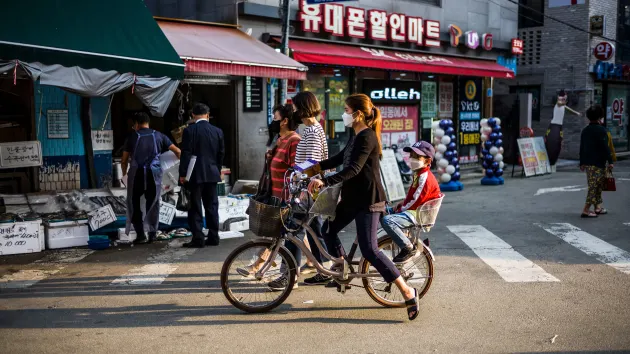South Korea’s August Consumer Price Index (CPI) surged to 3.4%, a significant increase from July’s 2.3%. This marks the highest inflation rate since April and is driven by rising prices in agricultural products and manufactured goods.
Heavy Rainfall Triggers CPI Surge
Agricultural and aquatic product prices, including staple food like rice, saw substantial increases, attributed to supply disruptions from heavy rainfall. Conversely, domestically produced beef prices declined by 6%.
Analysts point to adverse weather and supply chain disruptions as key factors behind surging food prices. The heavy rains impacted crop yields and affordability. The global supply chain disruptions and rising commodity prices also contribute to elevated production costs for manufacturers.
South Korean Government to Push Back
The South Korean government is monitoring inflationary pressures and considering measures to mitigate their impact. Policymakers aim to stabilize prices and safeguard consumers’ purchasing power.South Korea’s August inflation of 3.4%, driven by surging food prices, show how the climate crisis can have economic effects. Government responses will be critical in ensuring economic stability and collective well-being.

